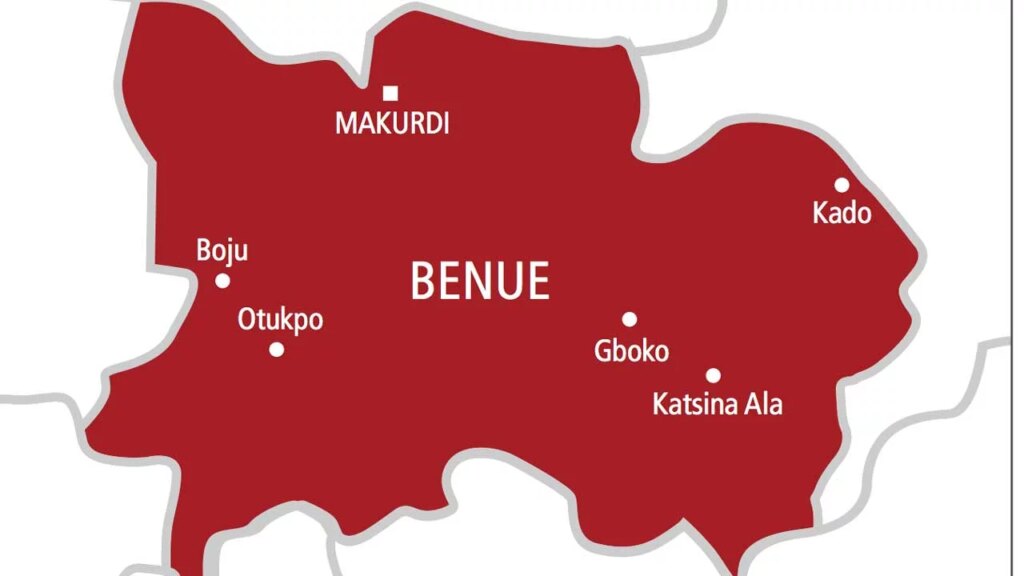The Benue State Government has called on key stakeholders to contribute to the validation of its policy document on Internally Displaced Persons (IDPs).
Commissioner for Humanitarian Affairs and Disaster Management, Aondowase Kunde, made the appeal during a review meeting held in Makurdi, the state capital.
Hon. Kunde emphasized the importance of inclusive and comprehensive input, noting that the forum was designed to allow participants make meaningful contributions that would result in a robust and widely acceptable final document.
He expressed confidence that the inputs gathered would reflect the peculiar needs of the state and result in a policy free from major criticisms.
Lamenting the poor conditions at the NKST IDP camp in Naka, Kunde highlighted the lack of basic necessities such as water, and appealed to humanitarian partners, non-governmental organizations, and other well-meaning individuals to support the displaced persons.
Also speaking at the event, Director-General of the Sustainable Development Goals (SDGs) in Benue State, Dr. John Akuse, noted that participants were drawn from diverse backgrounds to ensure a well-rounded review of the policy.
The Chairman, Benue State House of Assembly Committee on Humanitarian Affairs and Disaster Management, Hon. Abu Umoru, underscored the importance of factoring in cultural differences in the policy framework.
In his remarks, Hon. Peter Uche, who represents Guma State Constituency, called for the inclusion of psychological rehabilitation in the policy to help IDPs recover from traumatic experiences.
He expressed optimism that the state government’s efforts would enable displaced persons to return to their ancestral homes and rebuild their lives. He also assured that the State Assembly would continue to support policies aimed at alleviating the plight of IDPs.
On her part, Murjanatu Kabir, Advocacy Campaign and Policy Manager for Save the Children International, commended the Benue State Government for taking decisive steps toward domesticating the IDP policy.
She pledged her organization’s continued advocacy for policies that promote the safety, comfort, and resettlement of IDPs, particularly children and other vulnerable groups.















